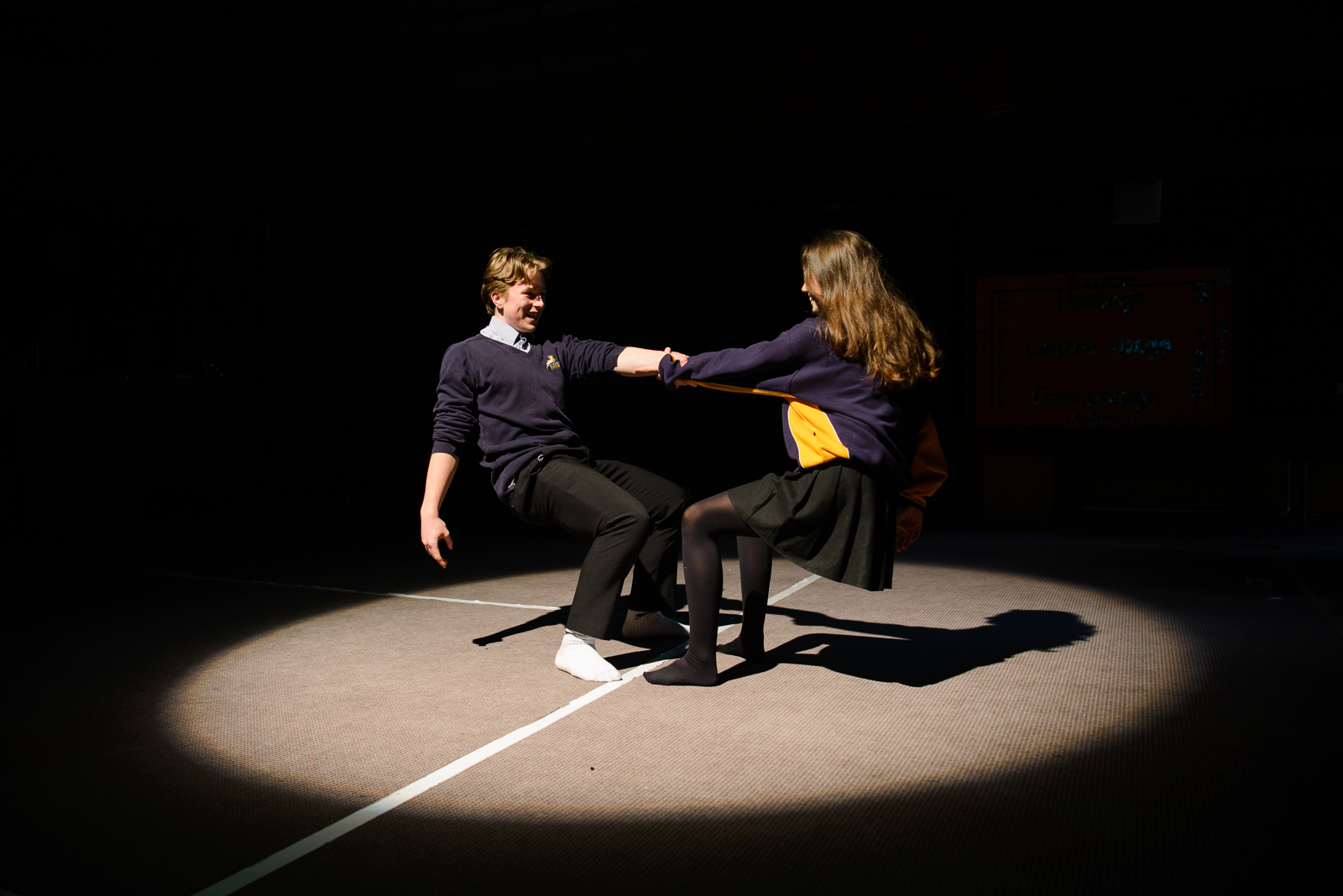Curriculum Review

A broad, balanced and enriched curriculum
Recent events in America, the Black Lives Matter protests and the call to decolonise the curriculum has made us all re-evaluate what we are teaching and why. We frequently revisit our curriculum to ensure it is relevant, challenging and tailored to meet the needs of our pupils. We provide a coherently sequenced and planned programme of study and we are clear in our intent:
‘The curriculum is designed to create learning opportunities and lessons which encourage deep learning, creativity, critical thinking and problem solving to support pupils in the transforming world to be the decision makers of the future.’
In line with the National Curriculum, our curriculum ‘provides pupils with an introduction to the essential knowledge they need to be educated citizens. It introduces pupils to the best that has been thought and said, and helps engender an appreciation of human creativity and achievement.’ However, it is also sufficiently flexible to enable us to provide a context to and support for our pupils through significant events. In preparation for a return to school in September, we are currently planning a post-COVID-19 ‘recovery programme’ and we are exploring how we address ‘unconscious bias’.
At Cirencester Deer Park School we are committed to delivering a broad, balanced and enriched curriculum which enables all of our pupils to access the knowledge, skills and cultural capital which is required to prepare them to lead happy, ethical, productive and fulfilling lives in the 21st Century.
History
The National Curriculum provides us with guiding principles in terms of the content and what should be taught:
‘A high-quality history education will help pupils gain a coherent knowledge and understanding of Britain’s past and that of the wider world. It should inspire pupils’ curiosity to know more about the past. Teaching should equip pupils to ask perceptive questions, think critically, weigh evidence, sift arguments, and develop perspective and judgement. History helps pupils to understand the complexity of people’s lives, the process of change, the diversity of societies and relationships between different groups, as well as their own identity and the challenges of their time.’ National Curriculum: Key Stage 3 History
In History, at Deer Park, our pupils are urged to question things they read and to investigate the impact of the provenance on the validity and utility of an interpretation. They are asked to judge the significance and impact of issues, events, and individuals before reaching a well explained and evaluative conclusion to their thoughts. The skills which are developed in History lessons are of immense value beyond the classroom and have lifelong significance:
‘History teaches us to learn not only about the past but valuable lessons for the present too. As the philosopher George Santayana said: “Those who do not learn from history are condemned to repeat it”.’
While we follow the National Curriculum, our teachers tailor this to the needs of our learners. Consequently, we have chosen to increase diversity, raise awareness of and incorporate more black history and consider ‘herstory’ too. Following a review of our schemes of learning in 2018-19, our History teachers introduced new programmes of study from September 2019.
Although our Humanities Team had developed our curriculum over time to ensure it remained relevant, Mr Ferne, History teacher and currently our Humanities Team Leader, felt much of it was still ‘pale, male and stale’ and, therefore, with the aid of colleagues sought to broaden its content to ensure our pupils have the opportunity to consider some of the root causes of issues in the world today:
‘The challenge in any curriculum planning is striking a balance between the various topics in the available lesson time we have and we are continuously conscious of this as we edit and adjust our curriculum.’ Jonathan Ferne.
Our History curriculum in Key Stage 3 now includes:
- The Industrial Revolution
- The British Empire and Slavery
- Suffrage
- 1960s America.
However, these topics are not taught in isolation: the rise of the cotton industry during the industrial revolution in Britain is explicitly linked to the growth of the slave trade and its consequences in the past and on today’s communities in the USA and UK.
This represents a significant change in comparison to what was previously taught. At Deer Park, black history is not just confined to one month in October, it is present throughout and across our curriculum.
We are concerned to ensure our pupils are aware of the significance of historical events and, that as a result of inquiry, they are able to understand these from different perspectives and make links between the past and present. For example, in Year 8 pupils consider a range of sources, including case studies of specific events in India, Ireland and Australia, before responding to the question ‘Should we be proud of the British Empire?’ In addition to ensuring our pupils know and understand more about the past and the present, the team are committed to instilling wider curiosity and equipping our pupils with the life-long learning skills essential for independent reading, interpreting information, discerning bias, drawing conclusions and showing empathy.
Geography
Raising an awareness of what is happening in the world around us and why is not just confined to History. Topical issues, such as migration, including Windrush, are considered in Geography. Our Geography teachers fundamentally believe their subject, like History, is ‘integral to the curriculum in the 21st Century and equipping young people for life in the modern world’:
‘Geography forces us to look forwards, down the road and into the future. But it looks forward whilst realising that so much that is geographical cannot be understood without looking back.’ Dorling and Lee 2016
Citizenship
Unlike many other schools we continue to teach Citizenship alongside Religious Philosophy. These subject areas complement our Humanities curriculum and bring our pupils’ knowledge and understanding right up to date as they are given the opportunity to reflect on and debate contemporary issues. While it is responsive to incidents in the news, our core Citizenship curriculum in Key Stage 4 includes:
- Community cohesion
- Environmental sustainability
- Globalisation and human rights
- Cultural identity.
In discussion, our pupils are encouraged to draw on their prior learning and make connections. During their time with us our pupils learn about advocacy and campaigns. They are encouraged to show tolerance and understanding (central to our School Standards), make informed decisions and take responsible action. Pupils consider the role of key leaders and their impact on their own and global communities including Gandhi, Martin Luther King Jr and Malala Yousafzai.
In normal circumstances, pupils have the opportunity talk about current affairs, understand the facts and express their views. In the absence of face to face lessons, we shared contextual information relating to ‘Black Lives Matter’ in June 2020 on our website - # BlackLivesMatter - and this week we are encouraging entries in a competition: ‘500 Words – Black Lives Matter’ – which opens on Monday 29 June 2020.
ENGLISH
The curriculum in English also provides further opportunities for our pupils reflect on the world around us and question their own experiences and those of others. Reading helps us to understand people and the societies in which they live, gain an insight into the differences that exist across the world and question why. This can become a powerful vehicle for change.
Alongside the National Curriculum and GCSE specifications, our teachers continue to include texts from a range of writers from different backgrounds and ethnicities, including poetry, short stories and novels by Chinua Achebe, John Agard, Benjamin Zephaniah, Maya Angelou, Chimamanda Ngozi Adichie and many others. Through the study of these writers we raise our pupils’ awareness of the fight for justice and freedom from oppression that Black people, and people from other marginalised communities, have faced and, sadly, continue to face in today’s world.
Our pupils also learn to appreciate the influences on culture and come to understand how the impact of historical context can change how we read a text. By sharing their own cultural experiences our pupils can develop empathy for other people in situations that can be very different from their own lives.
‘As part of our on-going development of our curriculum we are always looking to broaden our cultural horizons to ensure equity of exposure to writers and we are committed to ensuring that we are able to introduce our pupils to a diverse range of writers and their experiences.’ Joe Lay, Assistant Head of English.

